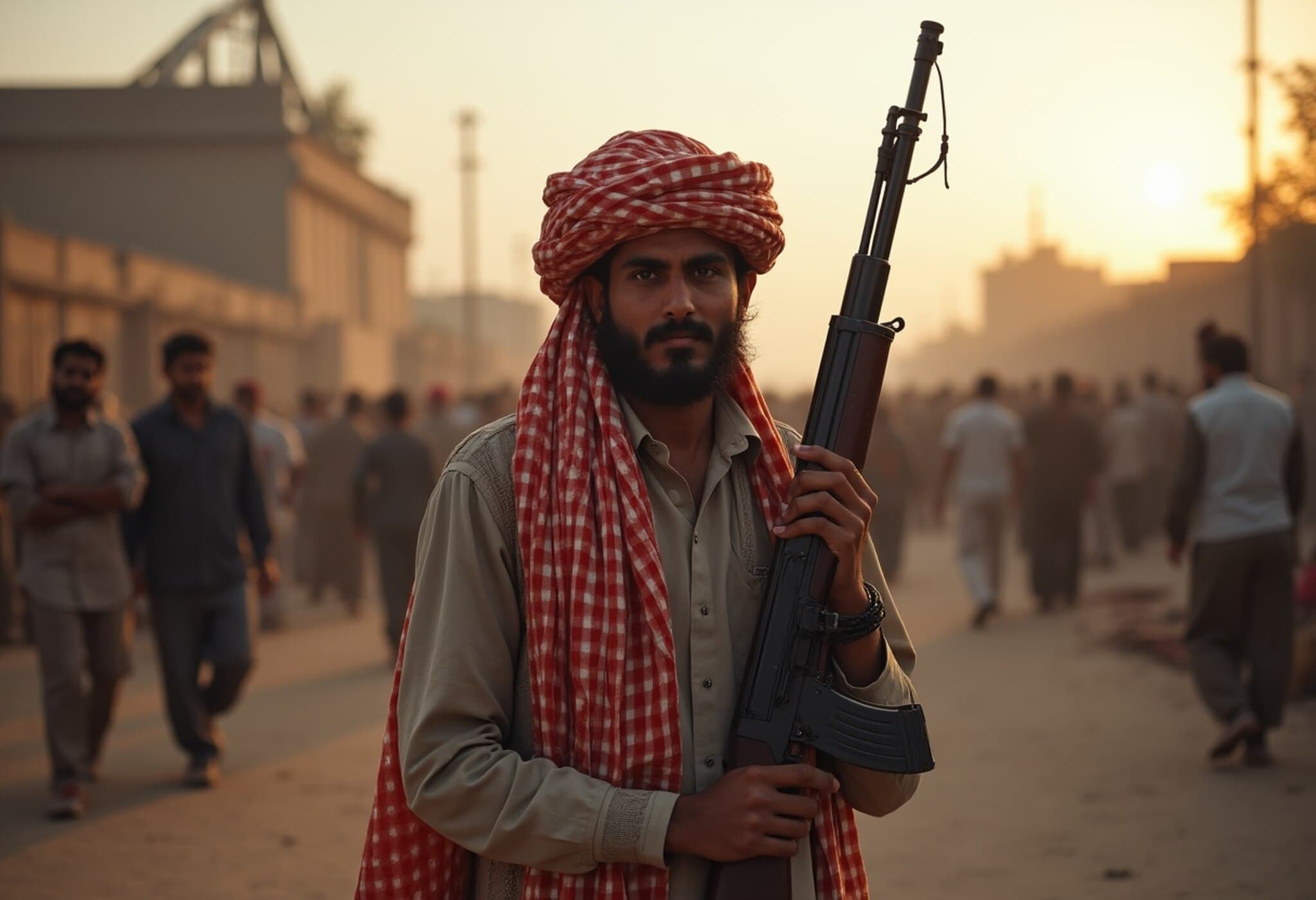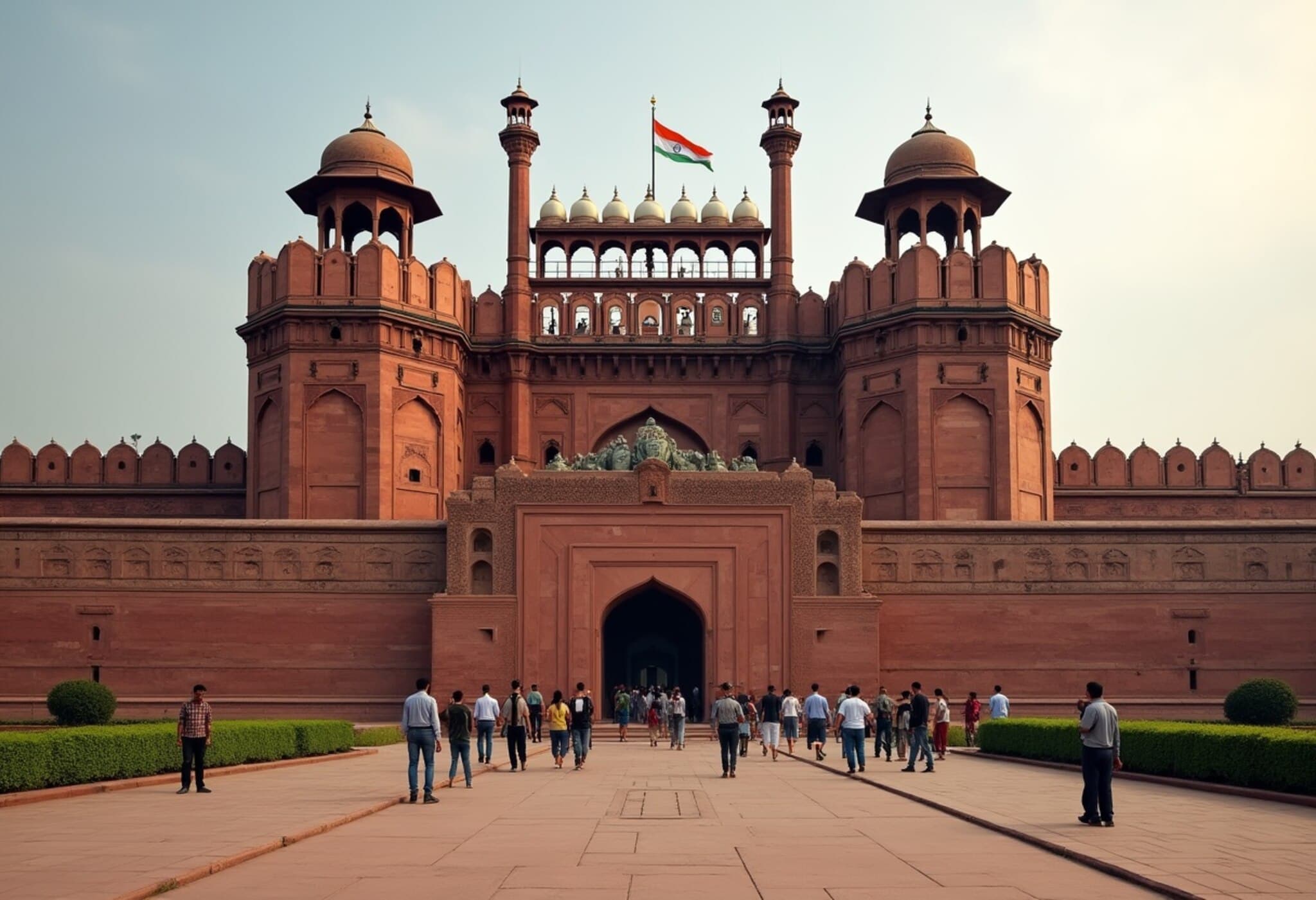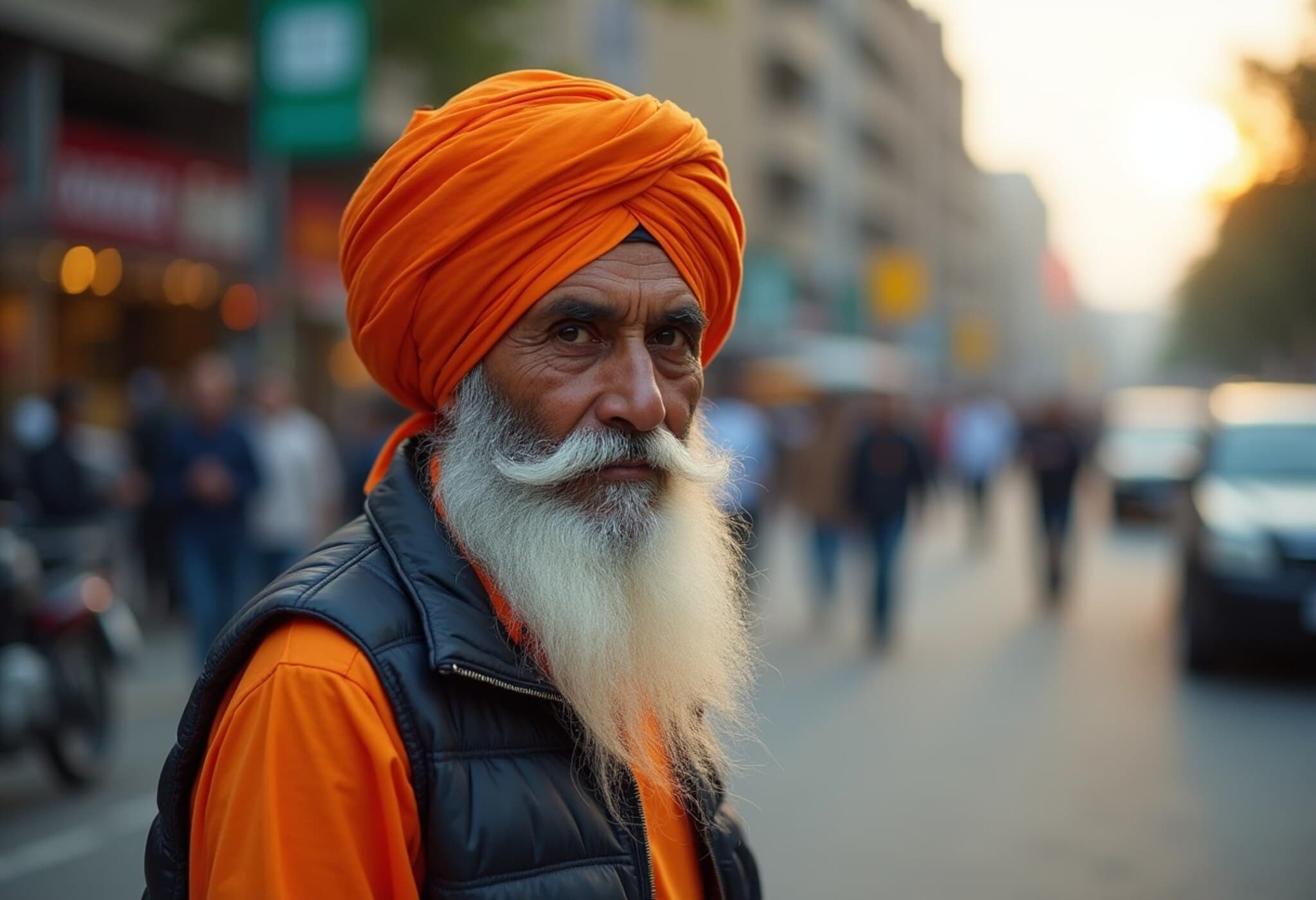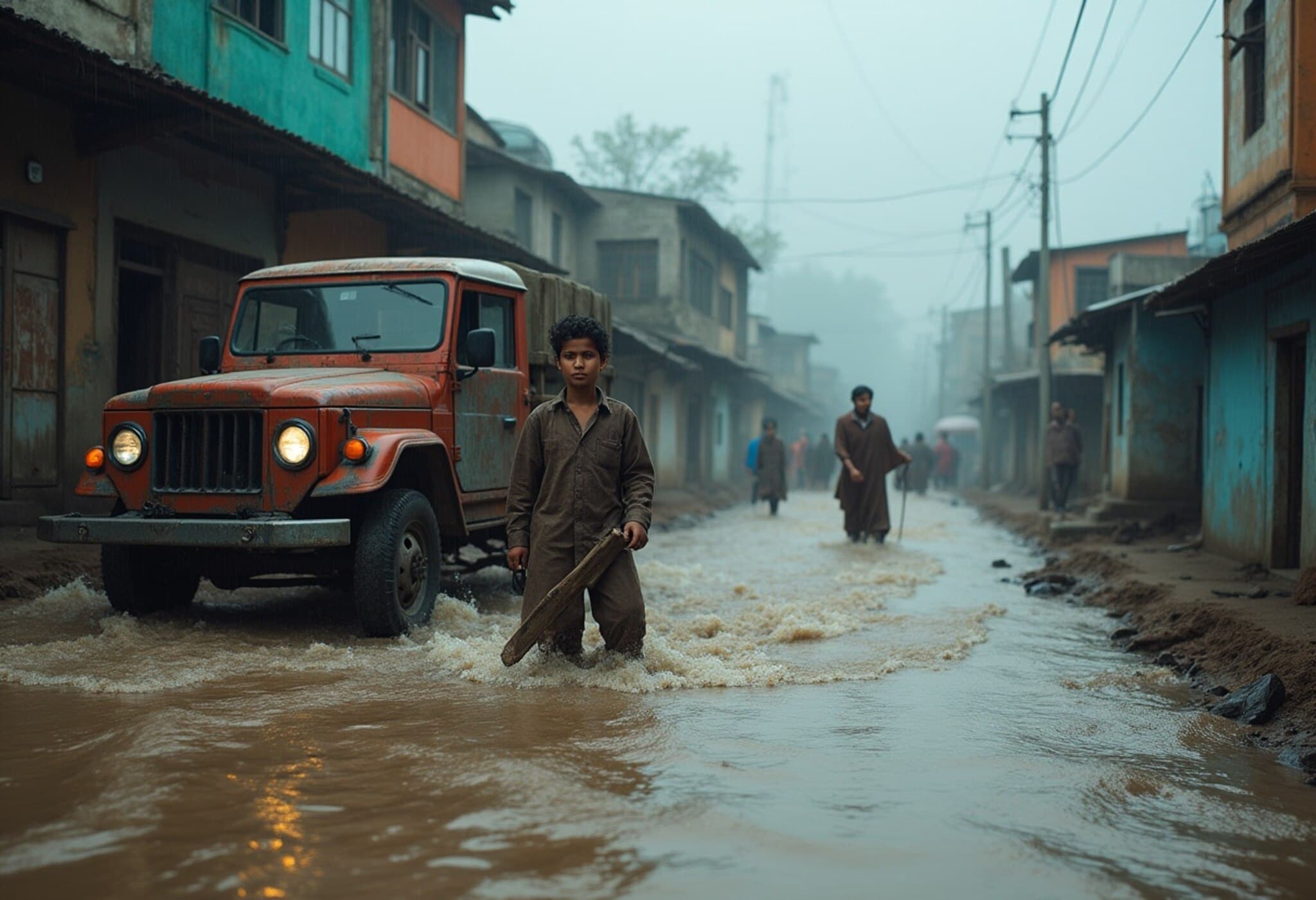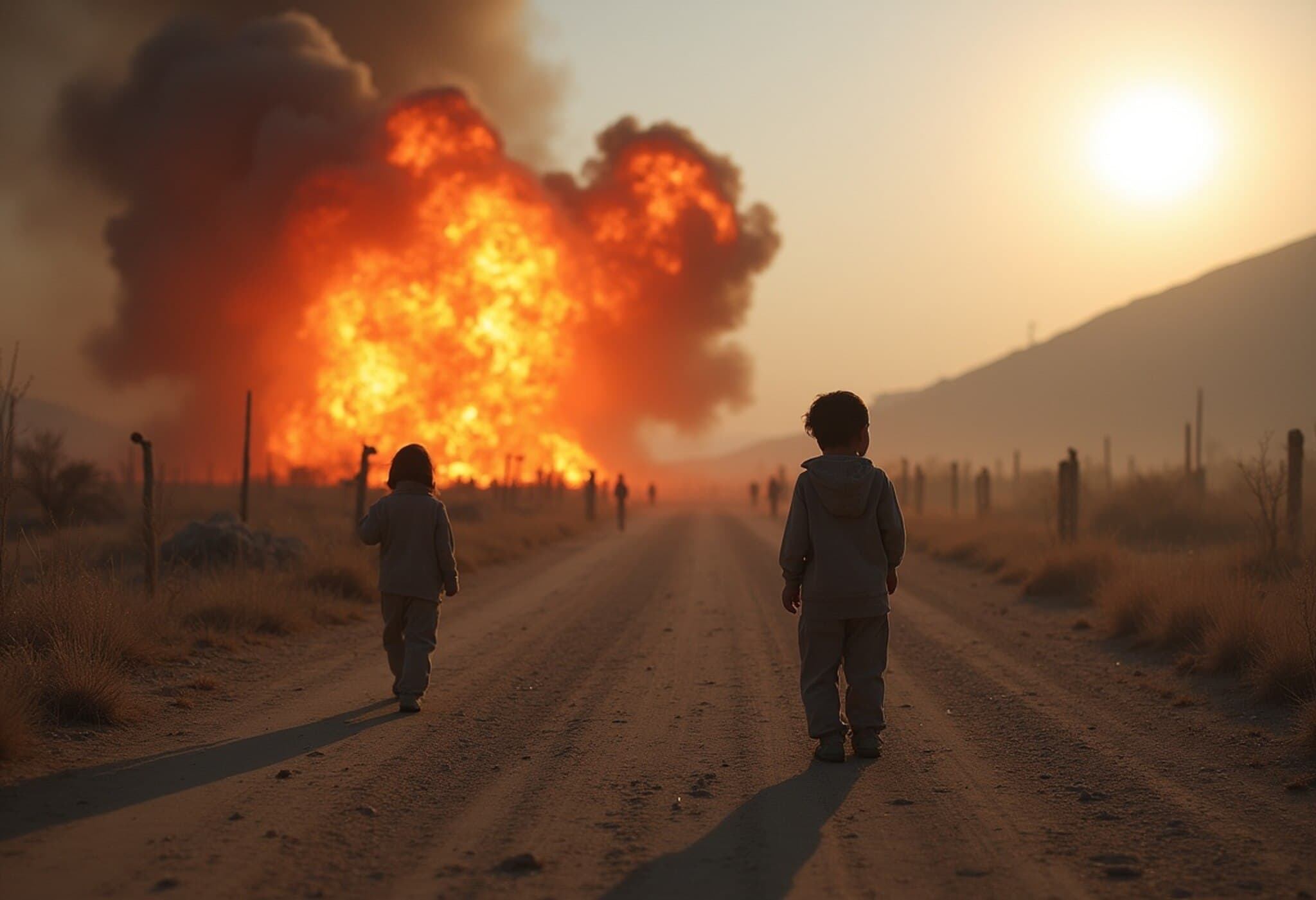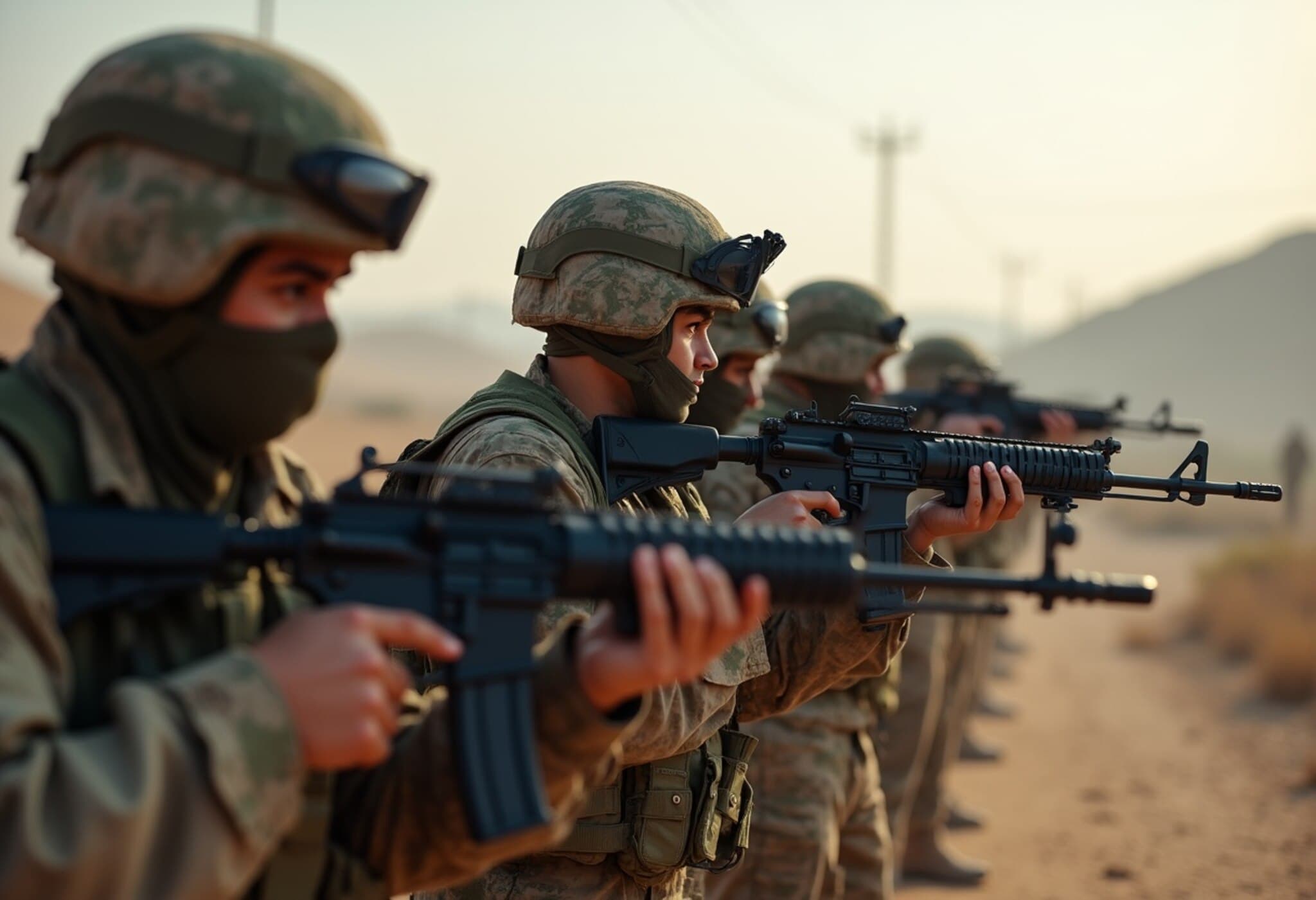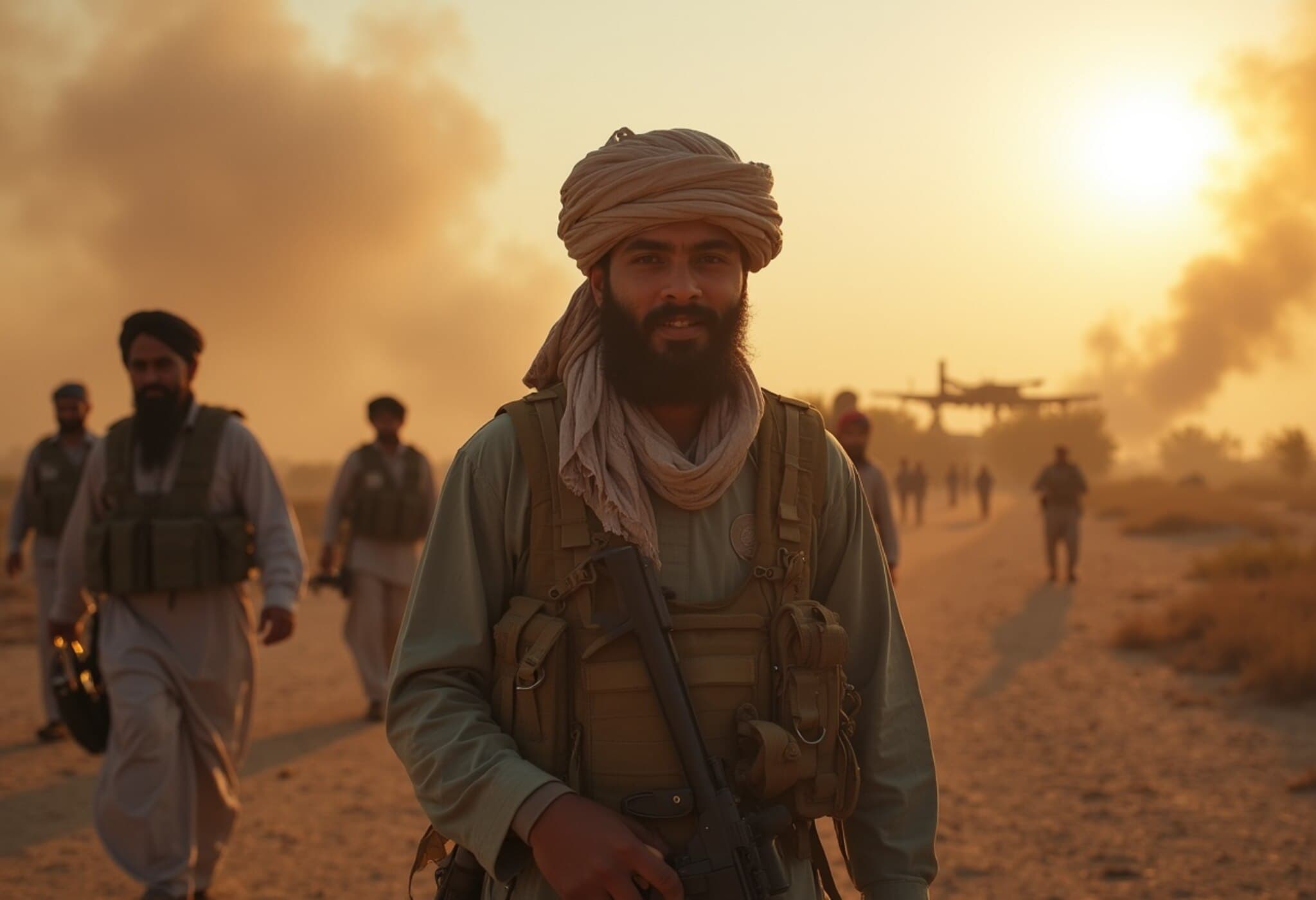Tribal Jirga Demands Justice Following Tragic Death of Nine-Year-Old Girl in Tank
Islamabad, Pakistan — In a dramatic escalation of local unrest, a tribal council—or jirga—from Tank district has announced plans to block a critical section of the Indus Highway (N-55) on July 29, protesting the recent murder of a nine-year-old girl. This decision comes amid growing public outrage and simmering tensions against security forces in southern Khyber Pakhtunkhwa.
Significance of the Indus Highway and Potential Impact
The Indus Highway, stretching from Karachi in the south to Peshawar in the north, is a vital trade and transport artery that supports both civilian and military movements across multiple provinces. The proposed blockade at Pezu threatens to disrupt not just commercial logistics but also passenger travel and strategic military convoys, amplifying the potential socio-economic consequences of the protest.
Roots of the Protest: A Community Pushed to the Brink
The catalyst was the brutal killing of the young girl, whose death has sparked a surge of anger across Tank district. A viral video circulating on social media depicted residents confronting armed security personnel, a rare and risky act in this heavily militarized region. This incident has brought to light long-standing grievances, including allegations of arbitrary arrests, warrantless raids, and collective punishments often justified as counterterrorism efforts.
Abdul Qayum Kundi, leader of the jirga, expressed firm resolve: "Our plan to block the highway stands. We will reconsider only if our demands are genuinely met. Otherwise, Pezu will be shut down on July 29."
Demands Spotlight Root Causes of Regional Discontent
The jirga has laid out an 11-point charter of demands that address systemic issues fueling local frustration:
- Release of detainees lacking proven militant links
- End to forced house searches without warrants
- Halt to arrests targeting relatives of suspects
- Return of weapons confiscated during operations
- Stop detentions based on vague accusations of spying (mukhbiri)
Notably, these demands mirror calls previously made by the banned Pashtun Tahaffuz Movement (PTM), highlighting a persistent tension between local communities and Pakistan’s security apparatus.
Official Response and Community Reaction
Authorities have registered a case regarding the girl’s death but have not released any detailed findings. In an effort to placate the community, local officials offered three sheep and 2.5 million Pakistani rupees (approximately $9,000) to the victim’s family—a traditional gesture intended to symbolize remorse and reconciliation in tribal culture. However, jirga elders dismissed this as a superficial “hush money” attempt rather than meaningful justice.
Expert Analysis: Understanding the Broader Implications
From an American legal and policy perspective, this incident underscores the challenges of balancing counterterrorism measures with human rights and local governance in conflict-affected areas. Arbitrary detentions and collective punishments not only fuel distrust but can potentially violate international human rights norms, complicating Pakistan’s internal security dynamics.
Moreover, the potential disruption of the Indus Highway sheds light on the strategic vulnerabilities intertwined with regional security and economic stability. Prolonged blockades could impact cross-provincial trade flows, delay military logistics, and exacerbate humanitarian concerns—issues relevant to global observers tracking South Asian geopolitical stability.
What’s at Stake?
This unfolding situation in Tank district raises critical questions for policymakers and citizens alike:
- How can authorities ensure effective security without alienating local communities?
- What mechanisms exist—or should be developed—for legitimate tribal grievances to be addressed without resorting to disruptive protests?
- Can traditional cultural practices coexist with modern legal frameworks to provide justice that satisfies all parties?
Looking Ahead
As the July 29 blockade date approaches, all eyes will be on Pakistan’s government and security forces to see if they will engage earnestly with the jirga’s demands or confront another escalation. Earlier peaceful protests have, at times, been met with force—heightening fears of further instability.
Editor’s Note
This story is emblematic of the complex interplay between security imperatives and community rights in conflict-afflicted regions. It reminds us that beneath headline-grabbing protests lie deep-rooted issues of governance, justice, and cultural identity. Moving forward, nuanced approaches are needed—ones that honor traditional tribal mechanisms while reinforcing inclusive and transparent governance. For international observers, the Tank district episode is a case study in the perils of neglecting local voices amid broader security concerns.

